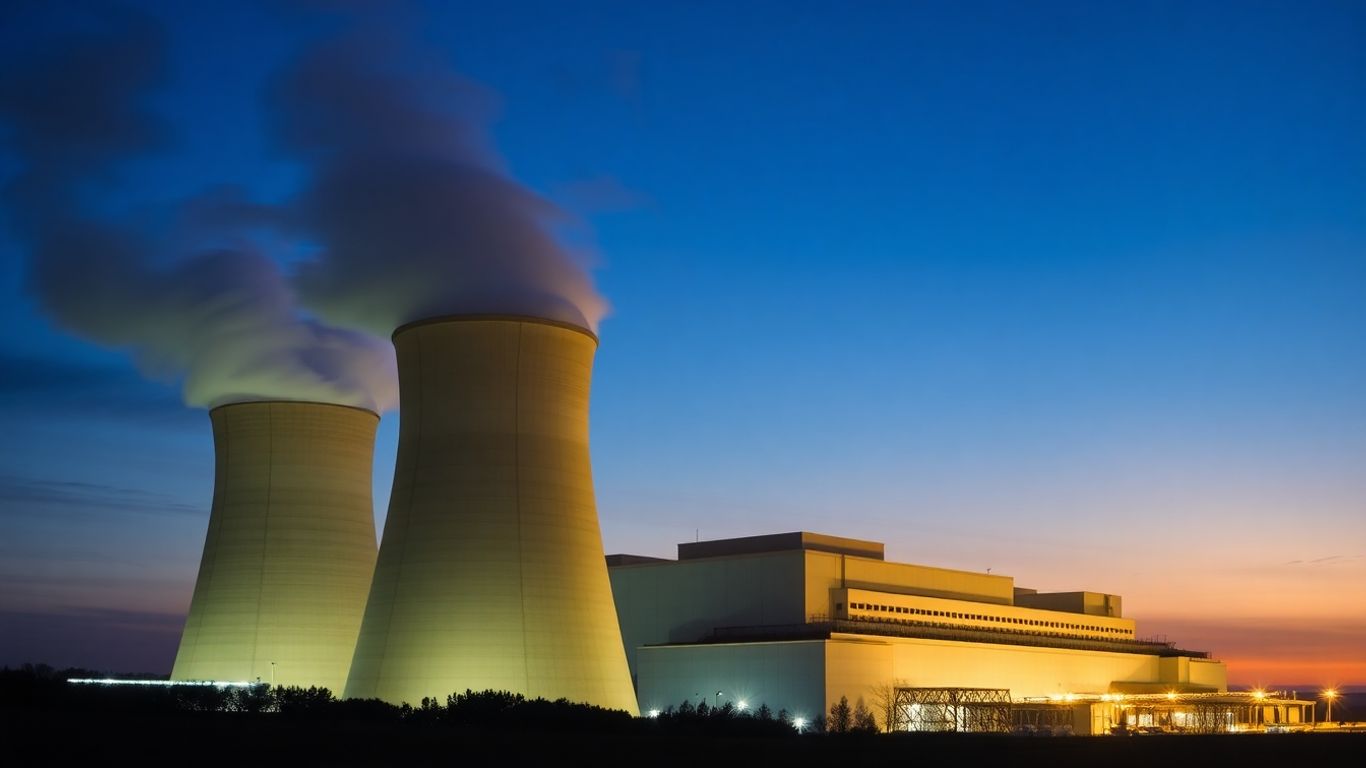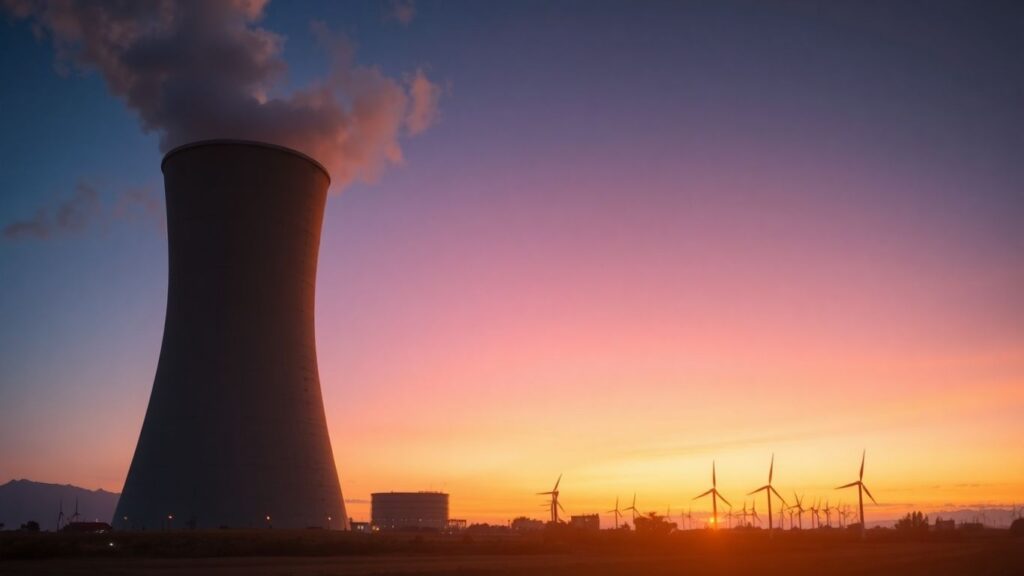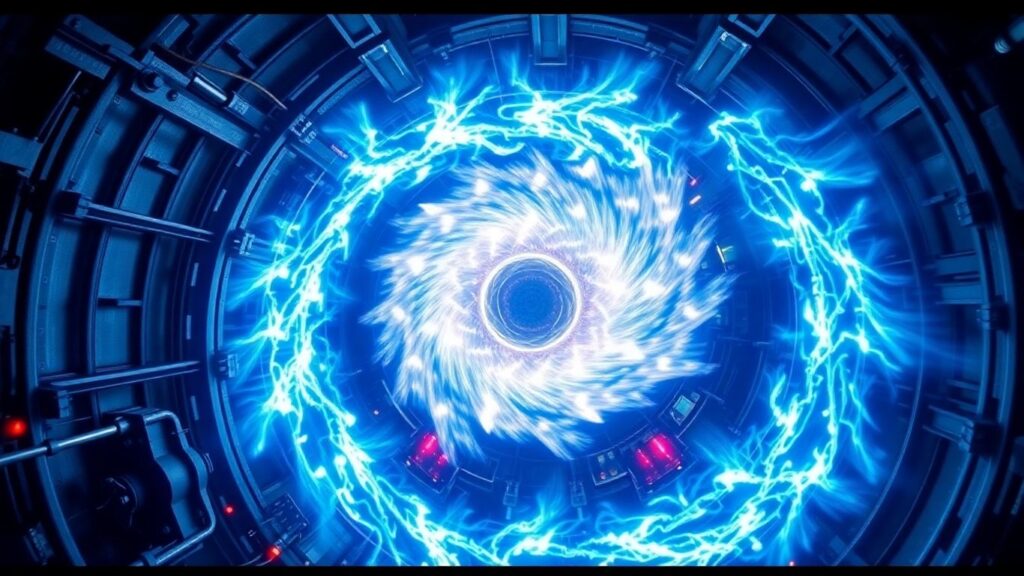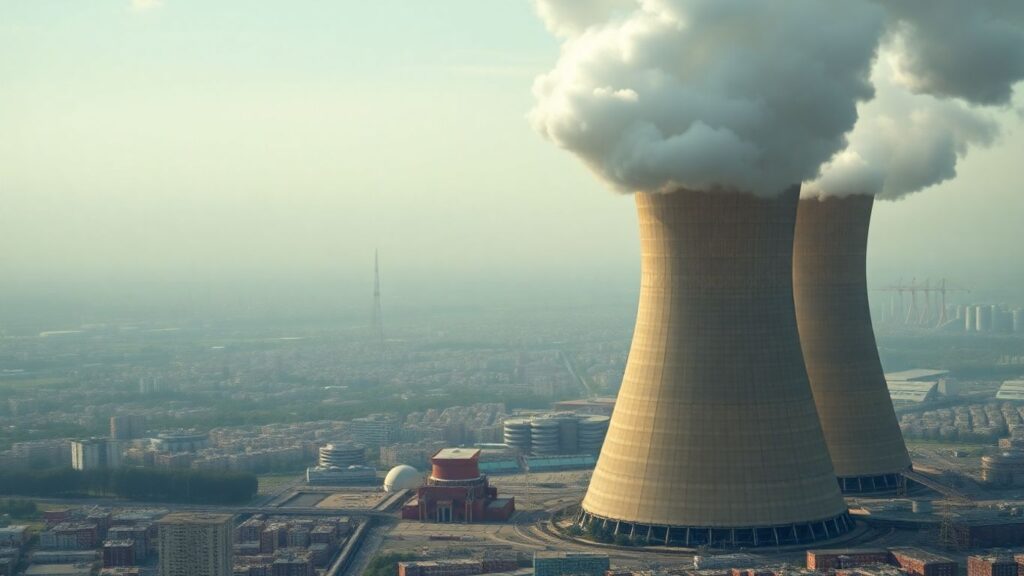Nuclear energy is demonstrating remarkable and consistent reliability, even as the world grapples with the intermittent nature of other renewable sources. Despite historical setbacks, the sector’s ability to provide a stable power supply is becoming increasingly crucial in the global energy landscape. This sustained performance bodes well for the future of nuclear power and the uranium industry that supports it.
Key Takeaways
- Nuclear power plants operate with an average uptime of 93%, offering a dependable baseload power solution.
The Challenge of Intermittency
In the ongoing transition towards renewable energy, the inherent challenge of intermittency has become apparent. Sources like wind and solar power are dependent on weather conditions. When the wind doesn’t blow, or the sun doesn’t shine, or extreme weather events like severe storms disrupt operations, the grid requires alternative, reliable power sources. This is where nuclear energy’s consistent performance stands out.
Nuclear’s Reliable Performance
Nuclear power plants are engineered for continuous operation, providing a stable and predictable energy output. Unlike renewables that fluctuate with environmental factors, nuclear facilities can operate for extended periods, ensuring a consistent supply of electricity. This reliability is critical for maintaining grid stability and meeting energy demands, especially during peak usage times or when other energy sources are unavailable.
The Outlook for Uranium
The proven reliability of nuclear energy is having a positive impact on the uranium market. As demand for dependable, low-carbon energy grows, the importance of nuclear fuel is being re-evaluated. Analysts suggest that uranium is currently experiencing a price recovery, reflecting the renewed interest and investment in nuclear power as a vital component of a balanced energy portfolio. The sector’s ability to overcome past challenges and deliver consistent power positions it as a key player in the future of global energy security.












